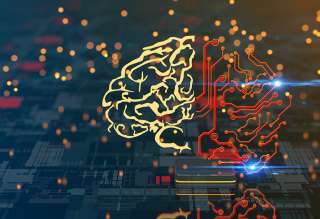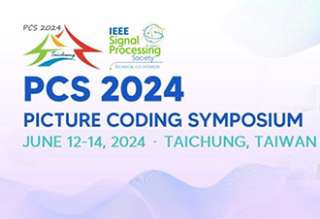SPS Feed
Top Reasons to Join SPS Today!
1. IEEE Signal Processing Magazine
2. Signal Processing Digital Library*
3. Inside Signal Processing Newsletter
4. SPS Resource Center
5. Career advancement & recognition
6. Discounts on conferences and publications
7. Professional networking
8. Communities for students, young professionals, and women
9. Volunteer opportunities
10. Coming soon! PDH/CEU credits
Click here to learn more.
The Latest News, Articles, and Events in Signal Processing
Date: 17-20 January 2024 (Hybrid)
Location: Tororo Campus , Kampala Uganda
Date: 18-22 December 2023 (In-person)
Location: Chennai, Tamil Nadu, India
Date: 5-6 January 2024 (In-person)
Location: Tamil Nadu, India
Date: 11-16 December 2023 (In-person)
Location: Coimbatore, Tamil Nadu, India
Date: 11-15 December 2023 (Hybrid)
Location: Bangalore, Karnataka, India
Date: 4-9 December 2023 (Virtual)
Location: Pune, Maharashtra, India
Date: 24-28 November 2023 (Hybrid)
Location: BTKIT Dwarahat, Uttarakhand
Date: 1-2 March 2024 (Hybrid)
Location: Rajkot, Gujarat, India
Date: 3-5 November 2023 (In-person)
Location: Colombo, Western Province, Sri Lanka
Date: 3-5 November 2023 (In-person)
Location: Ernakulam, Kerala, India
Date: 25-27 October 2023 (Hybrid)
Location: Chennai, Tamil Nadu, India
Date: 5-7 October 2023 (In-person)
Location: Kalamassery , Kochi, Kerala
Date: 1-3 October 2023
Location: Kozhikode, Kerala ,India
Date: 18 October 2023
Chapter: North Jersey Chapter
Chapter Chair: Alfredo Tan
Title: Synthetic Aperture Radar (SAR) Signal Processing Challenges and Data Sets for Associated Research
Date: 21 November 2023
Chapter: German Chapter
Chapter Chair: Wolfgang Utschick
Topic: Differentiable Tools for Digital Twin Networks
Lecture Date: 19 October 2023
Chapter: France Chapter
Chapter Chair: William Puech
Topic: Reinforcement Learning meets Federated Learning and Distributional Robustness
Lecture Date: 17 October 2023
Chapter: Spain Chapter
Chapter Chair: Javier Prieto
Topic: Nonconvex Optimization Meets Low-Rank Matrix Estimation
Date: 12-14 June 2024
Location: Taichung, Taiwan
Inference tasks in signal processing are often characterized by the availability of reliable statistical modeling with some missing instance-specific parameters. One conventional approach uses data to estimate these missing parameters and then infers based on the estimated model. Alternatively, data can also be leveraged to directly learn the inference mapping end to end. These approaches for combining partially known statistical models and data in inference are related to the notions of generative and discriminative models used in the machine learning literature [1] , [2] , typically considered in the context of classifiers.
Pages
SPS Social Media
- IEEE SPS Facebook Page https://www.facebook.com/ieeeSPS
- IEEE SPS X Page https://x.com/IEEEsps
- IEEE SPS Instagram Page https://www.instagram.com/ieeesps/?hl=en
- IEEE SPS LinkedIn Page https://www.linkedin.com/company/ieeesps/
- IEEE SPS YouTube Channel https://www.youtube.com/ieeeSPS























